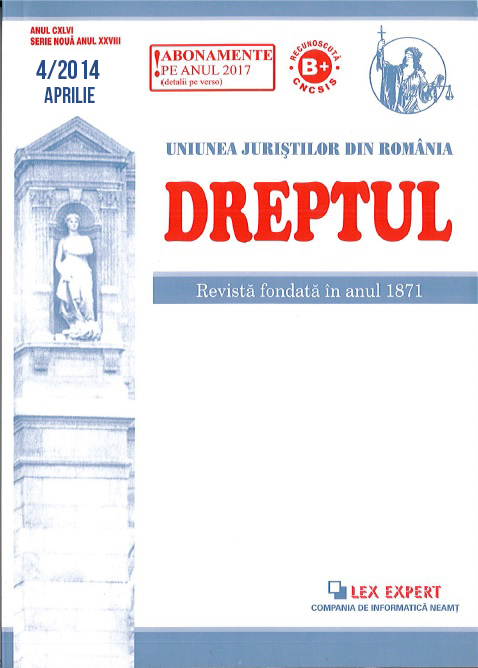The scientific approach of the authors starts from the fact that, when it comes to concepts such as, for example, resilience or victimology, which can not be understood or applied without a multidisciplinary, interdisciplinary or even transdisciplinary approach (see the conclusion which the authors have reached with regard to the possibility of appearance of a new discipline, namely legal resilience), the competences of the legal science specialists, in general, and of those in the field of criminal law, in particular, together with the competences of the specialists in psychology, psychiatry, and others, are extremely important. The authors place the above-mentioned concepts on the law – psychology – psychiatry interface and they analyze them from the perspective of the criminal justice and of the relationship between the persons involved, respectively the victims of crimes (minors and adults to the same extent), with society, but also with the aggressor, both before committing the criminal act and thereafter. Moreover, with respect to resilience and victimology, after it is pointed out that they do not have unique definitions, generally-accepted, there are also revealed the essential points on which those involved in the research of these matters have agreed upon, as well as the exchange of information and of procedures performed at the the boundary between resilience and victimology. At the same time, the criminal justice is not treated under a retributive aspect, but more from the point of view of a reparative, restorative justice, of the means by which it contributes to the mental health of the victims, of the populations that live in traumatized societies, to repairing the social trauma, to establishing the causes and the prevention of victimization, etc. At the same time, the authors also present the guarantees of the right to a fair trial granted to the victims of crimes, as well as some regulations intended to prevent victimization and to grant legal protection to the persons in precarious situations, such as: refugees, mentally ill, abandoned children and others.


